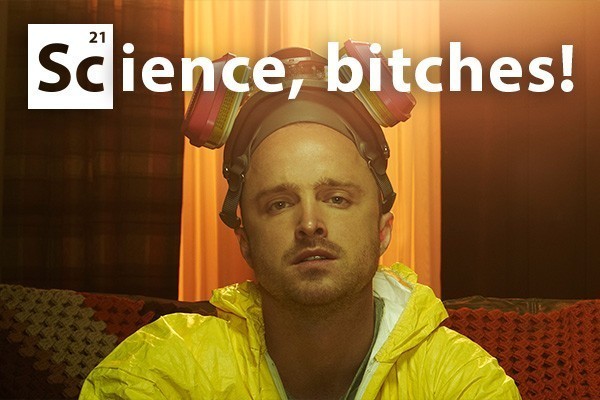"Natural" is defined as existing in nature and not made or caused by people. Many people believe natural products are intrinsically better for you than synthetic ones. Arsenic is natural. Blood poisoning is natural, but wearing clothes is unnatural. AIDS is natural, as are snakebites. A diabetic dying from lack of insulin is natural, while it would be unnatural for a diabetic to inject insulin, as needles are unnatural. Duvets, books, bread, makeup, pencils, asthma inhalers, chocolate, phones, cars, and carpet are unnatural. Apples used to be natural – they were also tiny, tough, and bitter. Humans have altered them through artificial selection and now they are unnatural.
Looking around me I am interacting with the following “unnatural” things. The glasses, which correct my short sightedness, are unnatural. Music is unnatural, as are the instruments it is played on and the devices we listen to it through. My boyfriend is older than 30, which was around the life expectancy of many prehistoric people (though if they made tools and cooked food, even they weren’t entirely “natural.”) He went to the dentist this morning, delaying the “natural” process of having the teeth rot out of his head, become infected, and stop him eating, which was the fate of most humans and hominids to have ever walked the earth.
Just because something is natural does not mean that it is good, safe or healthy. Herbs are natural but they are also drugs when used in the diagnosis, treatment, or prevention of a disease. The chemicals in synthetic drugs are from natural sources. They are extracted so that only the useful part of, say, a plant is used in the drug to minimise side effects and to control dosage.
Many people take St John’s Wort to treat depression, for which it is somewhat effective. St. John’s Wort is “natural” but it is also a drug. It contains hypericin, which inhibits monoamine oxidase, a chemical associated with depression. In other words, St. John’s Wort (hypericin) is an “MAO inhibitor”. Doctors prescribe other types of MOA inhibitors as anti-depressants. They have fewer side effects and bear warnings for users to avoid certain foods, which can react badly with MOA inhibitors. St John’s Wort can also “naturally” react with certain foods, but does not bear the same warnings. Side effects include convulsions, extremely high fever, and death by natural causes.







